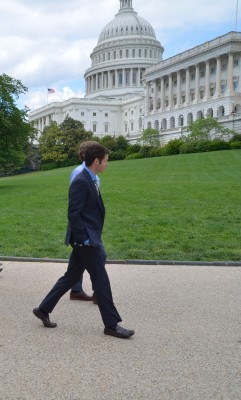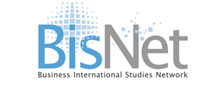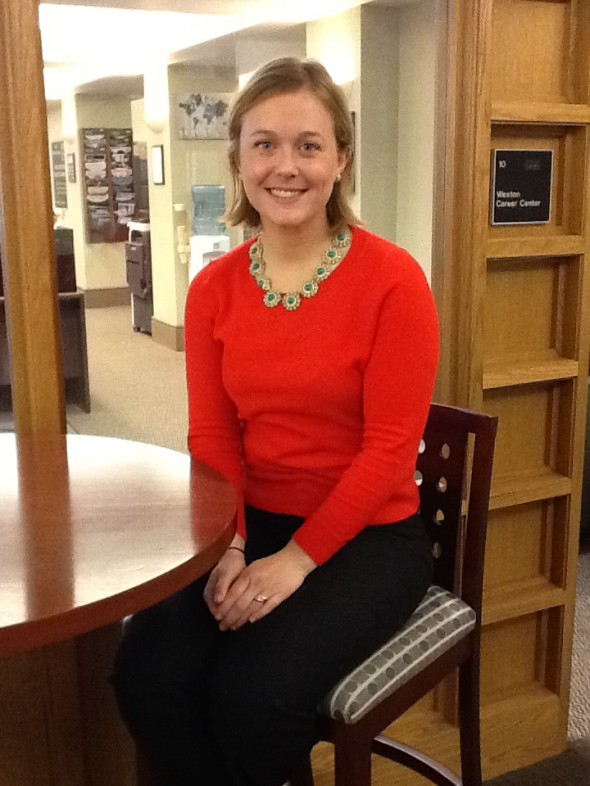Notwithstanding domestic challenges of a divided government, federal government shutdown, and the debt ceiling, the U.S. continues to be engaged in a variety of national security issues. The global security environment is in a period of such flux and transition. What are the current Global Challenges, Threats and Opportunities from the U.S. perspective for national security policy issues?
At the global power level, an entire reordering is taking place, with the rise of state actors like China and India and the shift in strategic competition from the Atlantic to the Pacific. At the same time, non-state actors have emerged as major players in global security, while failed or failing zones have become epicenters of threat on multiple levels that range from civil war to humanitarian disasters.
These transformations are all the more challenging as they occur within the rapidly changing context of the 21st century revolutions in technology. Information Tech and Robotics, communications, energy use, and bio-technology are all emerging game changers, reshaping both the civilian and military worlds. Access to nuclear technology has become more widespread, with more than 30 nations now holding stocks of highly enriched uranium or plutonium.
In short, the hallmark of security issues in the 21st century may not be merely change, but how the rate of change is accelerating—namely, at an exponential pace unparalleled in history. These new threats require new strategies and new thinking.
Leading experts recently discussed these issues and many others at Brookings in Brookings Executive Education’s annual Global Challenges, National Security seminar held on December 3-4, 2013.
For more on issues that were discussed this December:
Read: Saving Defense Dollars: From Base Realignment and Closure to Overhead Realignment and Closure
“The administration and Congress should pursue a two-pronged effort—revitalizing the Base Realignment and Closure (“BRAC”) process while convening a similar, but new, Overhead Realignment and Closure Commission (“ORAC”) to make the Defense Department a less wasteful organization.”
–Michael E. O’Hanlon, Senior Fellow, Foreign Policy, Center for 21st Century Security and Intelligence, and Kay Bailey Hutchison
Listen to Event Audio: U.S. Global Leadership in the Second Obama Administration: Policies and Realities
“But most importantly, when people are talking about the relative position of the United States, I think the general consensus among economists these days is that what you can certainly say about the United States is that it’s doing pretty well in a pretty bad world situation.”
– Robert Kagan, Senior Fellow, speaking at an event at Brookings on October 11 with Senior Fellow and Director of the Saban Center for Middle East Policy Tamara Wittes, Soli Özel of Kadir Has University, Brookings President Strobe Talbott, Muharrem Yılmaz, president of the Turkish Industry and Business Association and Turkey Project Director and TUSIAD Senior Fellow Kemal Kirişci.
Watch: Defending the Nation at Network Speed
The Center for 21st Century Security and Intelligence at Brookings hosted General Martin E. Dempsey, chairman of the Joint Chiefs of Staff, for keynote remarks and a discussion of the military’s role in cyberspace and the threat that cyberattacks pose to the U.S.
Learn: These leading experts participated in BEE’s annual Global Challenges seminar:
Photo Credit: Department of Defense photo by Master Sgt. John Nimmo Sr., U.S. Air Force, Flikr








 Guests will be treated to a Taste of St. Louis’ multi-ehnic cultures and cuisines at the event in the Charles F. Knight Executive Education and Conference Center.
Guests will be treated to a Taste of St. Louis’ multi-ehnic cultures and cuisines at the event in the Charles F. Knight Executive Education and Conference Center.
 Name: Molly Sonderman
Name: Molly Sonderman